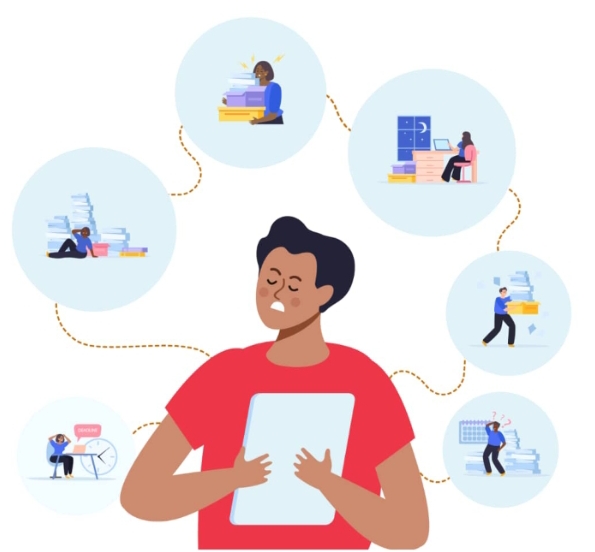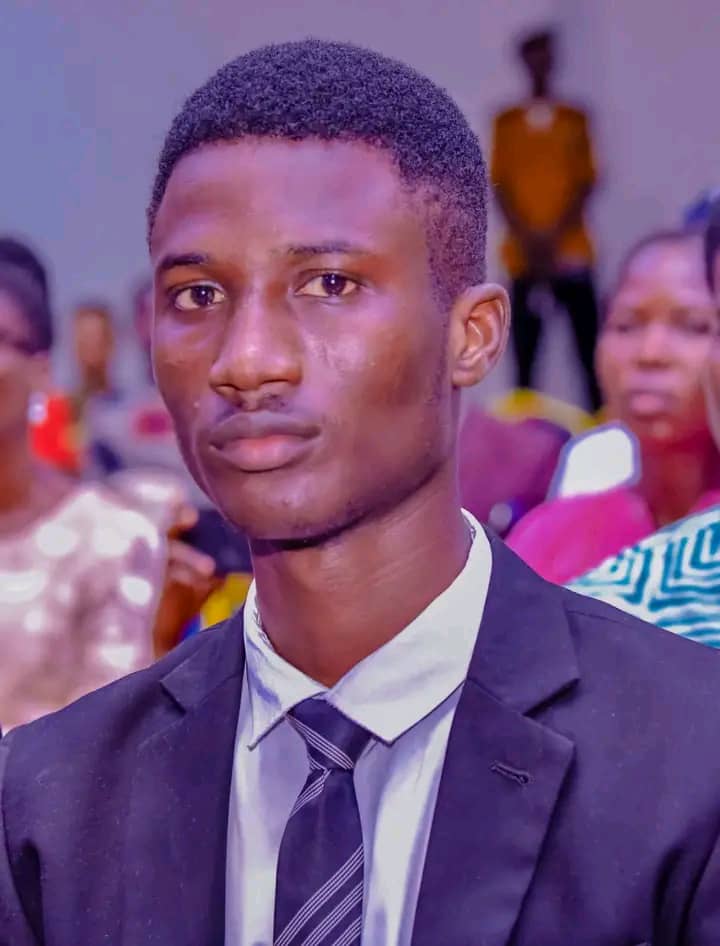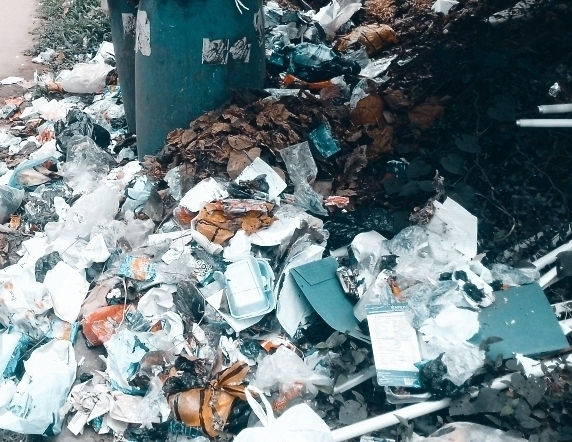UI Roads: A Bumpy Ride for Students and Transporters

By: Sakeenah Kareem
UI roads are not body-friendly at all; it feels like my body is the absorber and every pothole hits hard. Hasanat, a 100-level student of Accounting, lamented. “There is a big ditch at Awo junction close to the road that feels like the tricycle will fall into it. I get so anxious whenever I pass there,” she explained.
Luckily, Hasanat is not alone in her feelings as they are shared by Hibbatullah Akinkunmi, a 400 level European Studies student. “That road in front of St. Anne is really bad. For someone that has mobility issues, the road worsens my plight. I feel pain whenever I pass that road,” Hibbah said. “And everytime the keke riders will say ‘it is not my fault, it is the road’, ” she added.
Truly, it is not their fault as they are also only victims of circumstances, the bad roads. Samuel Oladele, one of UI transport cyclists, revealed that UI bad roads affect his take-home amount by 5-10% on a monthly basis as this percent goes into fixing the wheels of his tricycle. “The roads affect the legs of my keke and I have to go to the mechanic every month; especially philips and parry roads,” Samuel stated. “There is no week that I don’t repair tricycle wheels. That’s how bad the road is; especially the botanical Garden and private hostels,” Samuel’s friend chipped in.

AbdulBaki Abiodun, another transporter, confirmed that a transporter needs good roads and the absence of that in certain places within the campus is affecting their work. AbdulBaki revealed that the situation is worse for transporters who are not owners of the tricycles. “Most of our bosses are just after their money and they don’t want to hear anything about our situation,” AbdulBaki lamented.

When asked what the transporters association is doing about it, Samuel stated that “the association is not doing anything, because everybody is scared of being handpicked as the person that spoke against the management”. In addition, Samuel also mentioned that even though the bad roads affect their income, they cannot take it out on the amount they charge “because there is a regulated price”. And for that reason, they need “representatives from all sides of the school to demand better roads from the University”.
Contrary to the complaints of the students and transport workers, the chairman of the Student Union (SU) transport team who identified as Kilanko believed that “UI roads are now better than before”. He said this is because “ the university management just recently concluded the patching, filling of potholes and extension of some areas.
When asked if his office has anything to do with this change, Kilanko stated that “ the situation is kinda dicey because the repair of roads started around the second week of being the chairman and it was evident it was done”. However, this is clearly a cause of correlation not causation as Kilanko could not identify if they actually played a part.
The state of roads within the University of Ibadan (UI) is a major concern, with students and transporters alike struggling with the consequences of poorly maintained roads. While some efforts have been made to repair the roads, much more needs to be done to address the issue.







